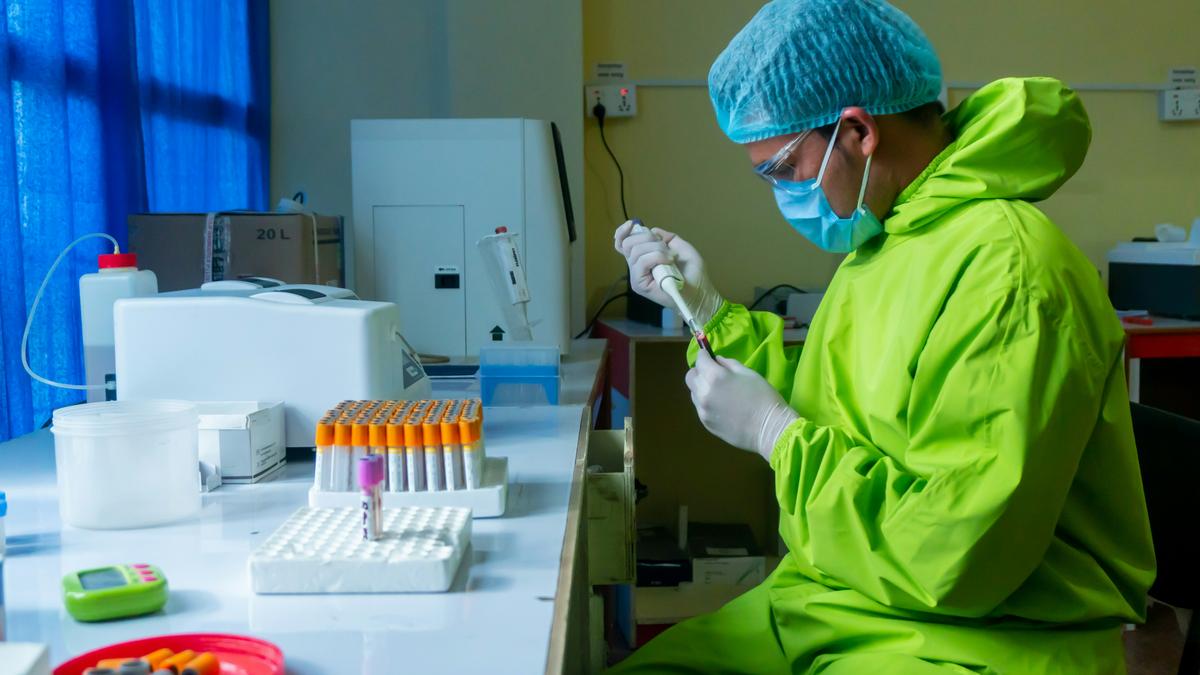Immunology has increasingly taken centerstage in modern biomedicine, powerfully capturing the popular imagination. From revolutionising vaccine development during the COVID-19 pandemic to yielding profound insights into autoimmune disorders and cancer treatment, immunological research now drives biomedical innovation more significantly than ever. The recent pandemic revealed immunology not as an esoteric branch of science but as the very bedrock of public health, economic stability, and human resilience.
The field of immunology began benefiting humanity even before its mechanisms were fully understood. The classic example is undeniable: Edward Jenner’s insights led to the invention of vaccines in 1796, over two centuries before immunology was formalised as a specialised domain. The significant number of Nobel Prizes in Physiology or Medicine awarded to immunologists underscores the field’s critical importance. As we look to the future, strategically developing immunology expertise, particularly in populous nations like India with unique healthcare challenges, will be crucial for addressing global health threats and advancing personalised medicine.
Critical role
The consistent recognition of immunological discoveries by the Nobel Foundation highlights the field’s transformative impact. In total, immunology has been honoured with Nobel Prizes in 16 different years, with 31 laureates. Over the last 50 years alone, 21 immunologists have been awarded the Prize. This pattern demonstrates how the accumulation of knowledge and technological advances in immunology has transformed our understanding of human health and disease over the last half century.
The most recent addition to this distinguished legacy is the 2025 Prize awarded to Mary E. Brunkow, Fred Ramsdell, and Shimon Sakaguchi for their discoveries concerning peripheral immune tolerance. Their collective work identified regulatory T cells, revealing the body’s sophisticated mechanism for preventing autoimmune attacks. These ‘security guards’ of the immune system maintain balance by suppressing overactive immune responses, a discovery that has opened new avenues for treating autoimmune diseases, cancer, and transplant rejection. The 2025 Prize celebrates specific breakthroughs as well as emphasises immunology’s ongoing centrality to biomedical advancement.
The COVID-19 pandemic also demonstrated immunology’s critical role in global health security. The record-breaking development of effective vaccines against SARS-CoV-2 was made possible by decades of foundational immunological research, particularly on mRNA vaccine technology (awarded a Nobel Prize in 2023). The pandemic accelerated the adoption of novel vaccine platforms and highlighted their potential for addressing future health crises. The response illustrated how immunological knowledge, when effectively translated into technologies, can alter the course of global events and underscored the necessity of maintaining robust research ecosystems to prepare for future infectious disease threats.
Expanding scope
Immunology has also fundamentally transformed cancer treatment through immunotherapies that harness the immune system to recognise and eliminate tumour cells. Checkpoint inhibitors (2018 Nobel Prize), CAR-T cell therapies, and cancer vaccines now represent a new pillar of oncology that complements traditional modalities like chemotherapy and radiation.
The scope of immune-based therapies is expanding into clinical contexts once thought separate from immunology. Scientists are exploring the immune system’s link to the brain, investigating how inflammation might contribute to depression and neurodegenerative diseases. There is even growing evidence that the immune system plays a role in metabolic disorders and ageing, opening the possibility of immune-modulating therapies for conditions like diabetes and to promote healthier, longer lives.
The immune system, it turns out, is not just a shield against germs: it’s a master regulatory network, intricately connected to the function of every organ and biological process.
Thus, the strategic importance of immunology in biomedicine’s future can’t be overstated. From Nobel Prize-winning basic research to revolutionary clinical applications, immunological knowledge continues to drive medical progress. For a country like India, with its immense population and unique burden of communicable and non-communicable diseases, the immunology revolution presents both a monumental opportunity and a significant challenge. By addressing current weaknesses in training programmes and leveraging unique population resources, India can position itself as a leader in immunological research relevant to both local and global health priorities. Nurturing this field through education, research investment, and international collaboration will be essential for realising its full potential to improve human health worldwide.
Investing in immunology
The strength of Indian medicine has traditionally been its clinical acumen and ability to manage vast numbers of patients. However, to truly participate in and benefit from the coming age of immuno-medicine, a robust foundation in immunology education is not a luxury: it’s an urgent necessity. We must therefore fundamentally reshape how we teach and practice immunology, fostering stronger collaborations between basic immunologists in laboratories and clinicians on the hospital frontlines. This also requires reimagining immunology pedagogy in basic biology. Undergraduate and postgraduate curricula must give due emphasis to immunology, not only to keep pace with scientific advancement but also to apprise students of the field’s technological innovations.
Reforms to better prepare our biologists and medical professionals for the future will also fuel home-grown research tailored to India’s specific needs. Can we design vaccines uniquely effective for our populations? Why are certain autoimmune diseases more prevalent or present differently here? How can we develop more affordable versions of cutting-edge immunotherapies for Indian cancer patients? The answers to these questions should not come from abroad; they must be cultivated in our own institutions.
As we look ahead, the nations that lead in biomedicine will be those that have invested not just in research infrastructure, but in their human capital: by educating a generation of scientists, doctors, and technologists fluent in the intricate language of immunology.
For India, embracing this ‘immunological era’ is key to transforming its healthcare system from a vast provider of essential care into a global leader in the next wave of medical innovation, ensuring that the miracles of modern immunology reach every one of its citizens.
Dipyaman Ganguly is professor and head, Department of Biology, Ashoka University, Sonipat.
Published – October 20, 2025 05:30 am IST
